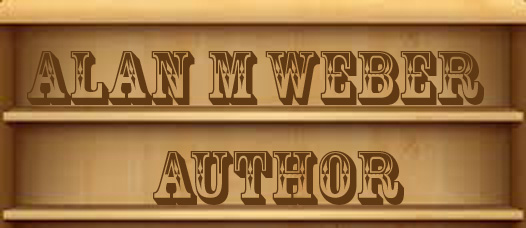When my son was a toddler he was diagnosed with Autism, He displayed all of the early signs except for the ritualistic movements. He stopped speaking anything but jargon and echolalia, he played non-socially, randomly lining things up and banging them, and he failed to make eye contact and was sensory defensive. As he went through school, he was very delayed and hesitant when it came to socializing, was extremely distractible and disorganized, and at times showed worrisome depression and anger. Not understanding and fearing his emotions, he envisioned himself a robot or an alien, impervious to hurt, and, given his troubles with school, in its unwillingness or inability to accommodate to him, he considered himself stupid. As he got a little older, he became less sure he was “stupid,” but, nonetheless, intentionally lowered expectations and didn’t try very hard, not to minimize how hard things really were for him, out of fear of pressure and failure. We still had to supervise his interactions with peers, which remained egocentric and susceptible. We enrolled him in a number of social skills classes, made sure that he had the most understanding teachers and the best supports we could extract from the system, and gave him all the love and effort we could. One of the most emotional days of my life was when I was told by his very attentive guidance counselor in Middle School that my son was right, he didn’t need social skills training any longer, that, although he still struggled with school, he was now, for want of a better word, “normal.”
Something happened in his junior year of High School. Given his sense of practicality, maybe part of it was his realization that what he was doing in school now “counted” toward his future. But I think it was a lot more than that. Some switch went on, literally perhaps. Not only was he in the process of becoming the most sociable person I know, he was starting to show significant academic progress. I believe I planted some seeds for a career direction, and through electives taken in High School and the major he chose for College, the teenager who had up until then decided it was safer and more realistic to settle for menial work now had a path toward a promising future, one whose loss I had thought I had to mourn when he was young. He did okay in his first semester of College. The kid who in High School was satisfied with D’s and told us how we couldn’t expect him to exceed C’s was now looking at B’s and even A’s, and might have done even better had he not been misadvised by his advisor to take a load that was a bit too heavy, and by me to take classes with two colleagues who turned out not to be the, shall we say, quality educators they portrayed themselves to be in faculty meetings. After that we lightened his load, he learned from mistakes I had tried to warn him about (but I’m only his father), and has earned Academic Achievement awards, Dean’s List status and Phi Theta Kappa membership. He never liked to read or write, and had done so strugglingly and minimally. But suddenly he was not only writing competently, he was helping me with the writing of my novel and quite impressively. And, more recently, maybe in part due to an English teacher who not only talked the talk outside the classroom but walked the walk in it, he was reading. He has become comfortable with his intelligence, and although his next phase had been to accept that he was smart but not show it too much for fear of seeming uncool to his hundreds of friends, now, as I have always known from our debates, not to mention what he has overcome, he is getting comfortable with being the genius that, forgive me, I had expected my son to be before my world caved in with the diagnosis. He is now independently reading deep works of philosophy, and at this point I watch as he starts to surpass me in intellectuality, which is just what I had hoped for.
I know there is still no real understanding of what we call “autism.” He and I often talk about how all of our brains are different, how diverse are our styles and perceptions, and how we have to learn to accept and understand the implications of that. But he is something special. I often have this image which is no less “science fictiony” than were his grade school self-images. It’s almost like the evolved alien creature emerging in stages from the shell he had previously inhabited. I can’t imagine how spectacular he’s going to be in another few years given the qualitative changes in the last few, but I am looking forward to it, even though it will be from a greater distance, or at least a less frequent view, now that four year college looms. The latter thought continues to depress me, but this kid… pardon me, this young man, is going to make a difference in this world. And amidst the waking nightmares I’ve otherwise been dealing with lately, and despite my almost never getting to spend much time with him because of his constant and late night socializing when he’s not working, and still not being able to touch him except for obligatory five second hugs on my birthday and Fathers’ Day, a part of me is about as fulfilled and celebratory as possible.
